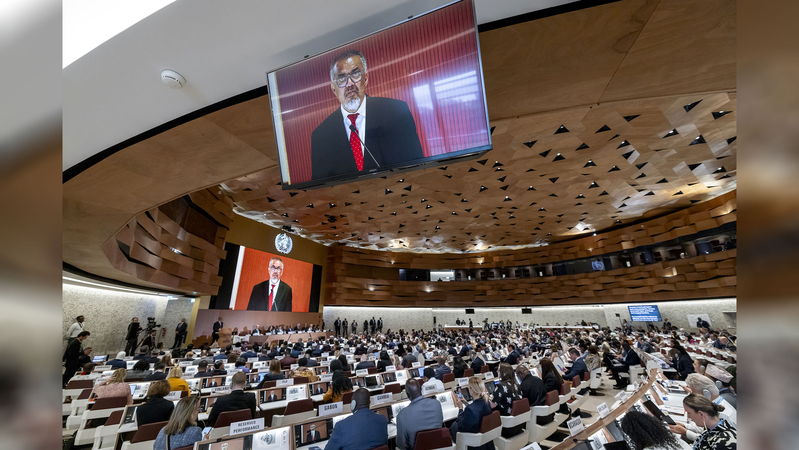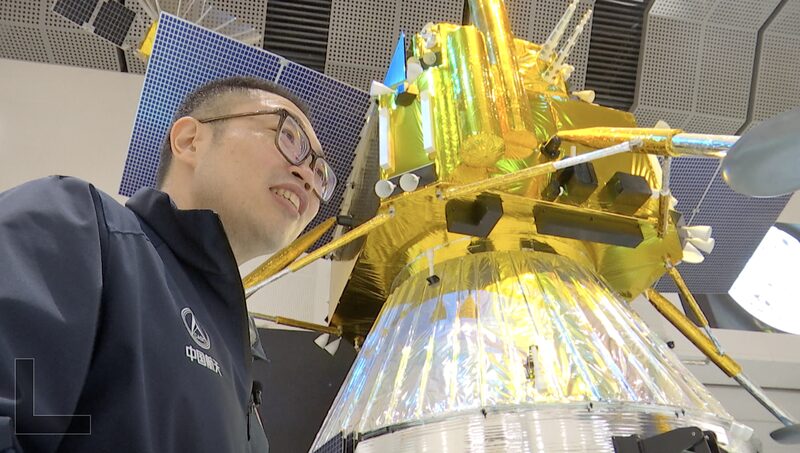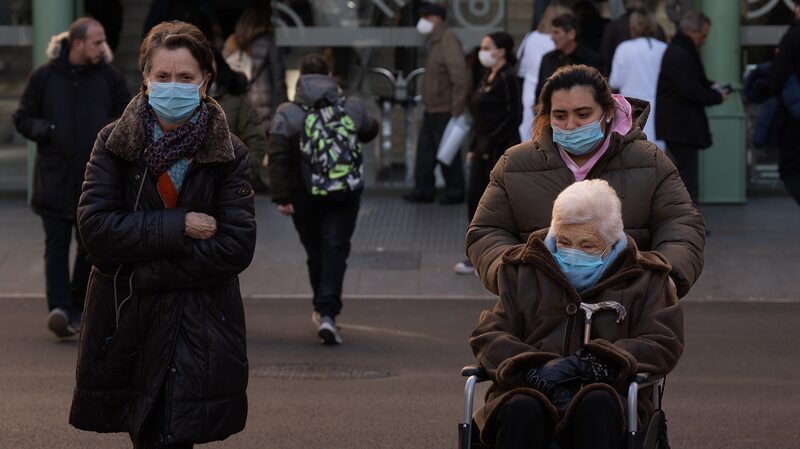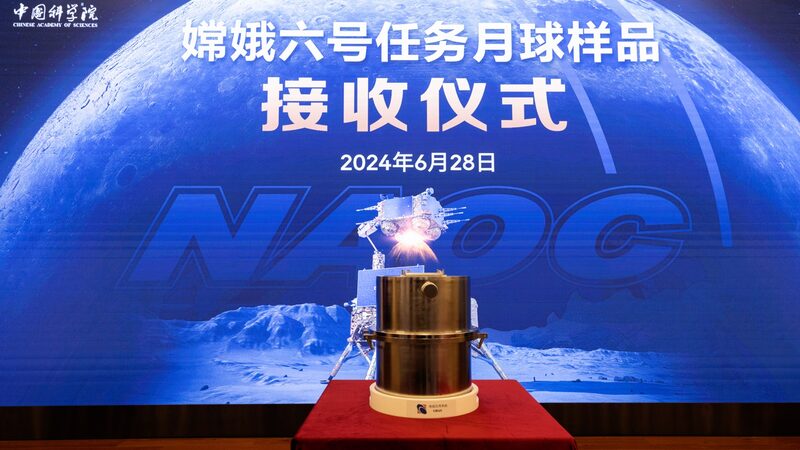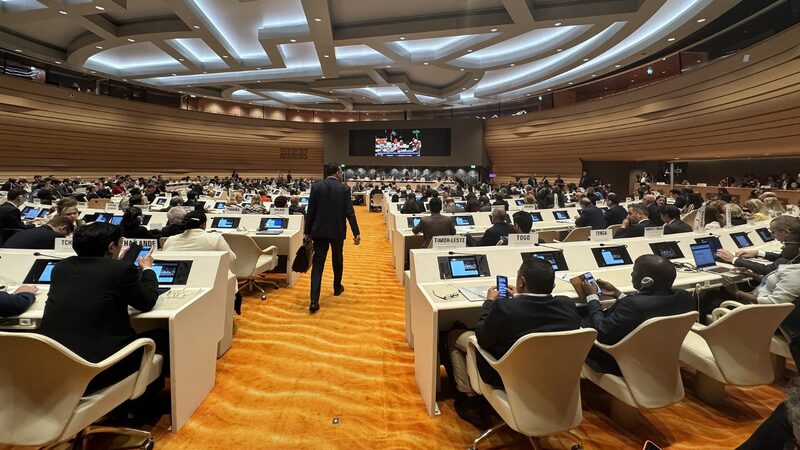The World Health Organization (WHO) has adopted a groundbreaking Pandemic Agreement, marking a historic step toward global health resilience. After three years of negotiations, the accord establishes science-driven strategies to prevent, detect, and respond to future pandemics through enhanced international collaboration.
One Health Approach Takes Center Stage
The agreement prioritizes a One Health framework, addressing the interconnectedness of human, animal, and environmental health. This strategy includes expanded animal surveillance to reduce zoonotic disease risks and improve early detection of emerging pathogens.
Pathogen Data Sharing System Launched
A new Pathogen Access and Benefit-Sharing (PABS) platform will enable rapid global exchange of pathogen samples and genomic data. This system aims to accelerate vaccine development and ensure equitable access to medical countermeasures during crises.
Building Global Research Infrastructure
The agreement mandates sustained investment in pandemic-ready R&D networks, including clinical trial systems and laboratory capacities. It emphasizes creating regional manufacturing hubs to ensure faster, fairer distribution of health products worldwide.
Balancing Innovation and Equity
While stopping short of mandatory technology transfers, the pact encourages knowledge-sharing agreements to boost vaccine production in low- and middle-income countries. WHO will coordinate efforts to strengthen global production chains for pandemic essentials.
Success now depends on sustained political commitment and funding to transform these scientific ambitions into tangible protections for all nations.
Reference(s):
WHO Pandemic Agreement forges science-driven path to preparedness
cgtn.com
